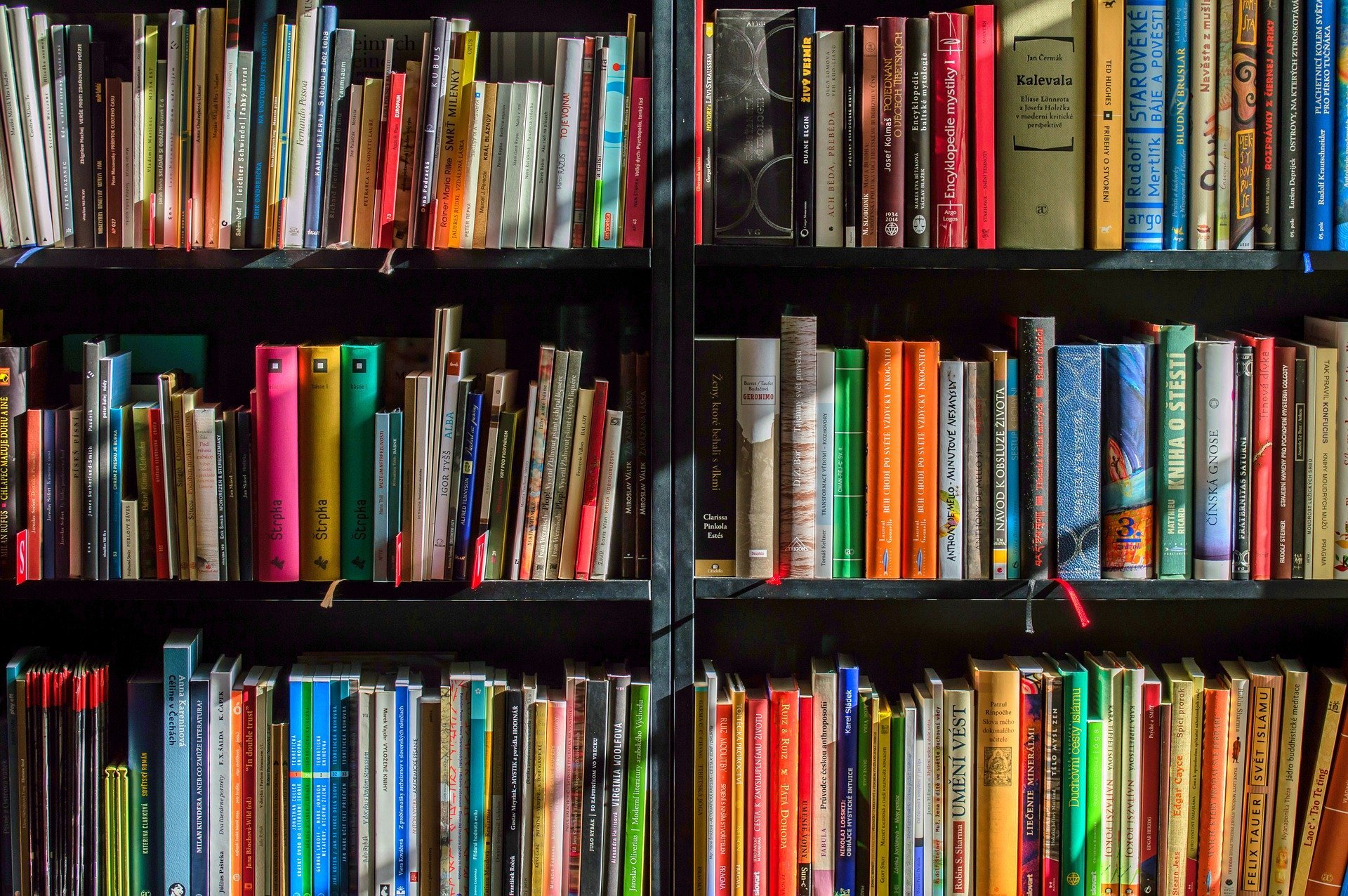I’ve always considered myself a reader. My idea of a morning well spent includes picking titles off the shelves of my local bookstore, first judging books by their covers, then opening them up to find a world I can’t wait to devour. I anticipate The Times Book Review’s yearly top 10 list and jump at opportunities to recommend books to others. I even have a special obsession with what I consider to be good sentences — those lines whose meaning isn’t immediately apparent but reveal themselves to you over time.
So imagine my dismay when I learned that I’d read just over a dozen books for pleasure during my four years of high school. Having decided to resurrect my Goodreads account on a slow May afternoon, I began logging books into my profile. The exercise yielded not a triumphant display of my bibliophilia but rather a disappointingly scant list composed mostly of books I’d read in English class over the years.
It appeared that what I’d held dear for all these years wasn’t the act of reading itself but the desire to identify myself as a reader and the intellectual aura that comes along with it. Shown the fragility of this position I occupied, my main reaction was one of sadness — for the characters I never met and the lessons I might never know. I wondered too: Can someone really be a reader without doing much reading on their own volition?
To be fair, books are far from the only form of reading I engage in. I read The Times religiously and scour the web for articles on everything from consumer technology to the latest cooking trend. But the idea of being a reader who didn’t read many books still seemed oxymoronic at best. Despite having little evidence to point to in my own life, I was convinced that books held a special magic unmatched by any other form, be it the one-off news article or the op-ed, and that to be a reader meant being under its spell.
So rather than shed the identity of reader, I wanted to grow into it. It would be dishonest to attribute my lack of reading to a shortage of time, but I now had an abundance of it with the arrival of quarantine and the freedom that comes with the post-high school summer. I resolved to fill much of it with books.
I began with Ocean Vuong’s “On Earth We’re Briefly Gorgeous.” My experience with the book was briefly gorgeous; I was awed by its obvious brilliance, yet the story itself didn’t quite land. Still, I could feel the joy of reading rushing back into me, the kind of joy that makes finishing the final words of a novel and closing its pages so satisfying.
My disposition toward political topics then led me to text a friend of mine, asking whether he wanted to form a book club on modern American issues with me. (Yes, it takes two to make a book club.) We read about the eviction epidemic plaguing our country and the recent history of the Supreme Court. We agreed on a favorite: “Why We’re Polarized,” in which Ezra Klein provides a convincing framework for thinking about the current political landscape. It did for me everything I wished a nonfiction title would do, and the two of us still refer to it when we discuss politics today.
However, it was “A Little Life” by Hanya Yanagihara that illuminated what books at their best can do. I’ve always found it difficult to connect with characters in the fiction that I read: A character could be my age or share my interests, yet I’d hardly ever feel for that character the way I feel for those in my life.
But in “A Little Life,” I discovered what it meant to care deeply for people I’d never met and surely never would. I think I was waiting, unknowingly or not, for a book that treated friendship as a subject worthy of serious literary examination. Here, between Willem and Jude, two of the main characters, I felt viscerally the profound hurt and love between them. I cried for 10 straight pages. I’d never read anything so heartbreaking or so beautiful either. It wasn’t just that I inhabited their world over the course of the reading; they inhabited — and still inhabit — mine, because I’m reminded of them in my own relationships, and I make sure to listen to what they have to teach me.
“I know my life’s meaningful,” Willem announces toward the end of the book, “because I’m a good friend. I love my friends, and I care about them, and I think I make them happy.” Lines like these can appear obvious and empty, but they take on a different meaning when you’ve known Willem, and you’ve known Jude, and you know the weight the words carry. It’s easy to lose sight of what matters, but I try hard to make space for what’s meaningful — people — because of the long shadow such lines cast upon me.
While it’s unrealistic to expect every book to do what “A Little Life” did for me, I store that experience as a reminder of what’s possible when I crack open a book: to at once be taken far away from the world and be brought much closer to it.
I’ve put my reading on pause since college has started, even as my reading list grows ever longer. Those books on my list demand to be read, and writing this piece has compelled me to push start again, now with the sure knowledge that I’m a reader because I read and love to read.
Contact Evan Cheng at evcheng ‘at’ stanford.edu.
